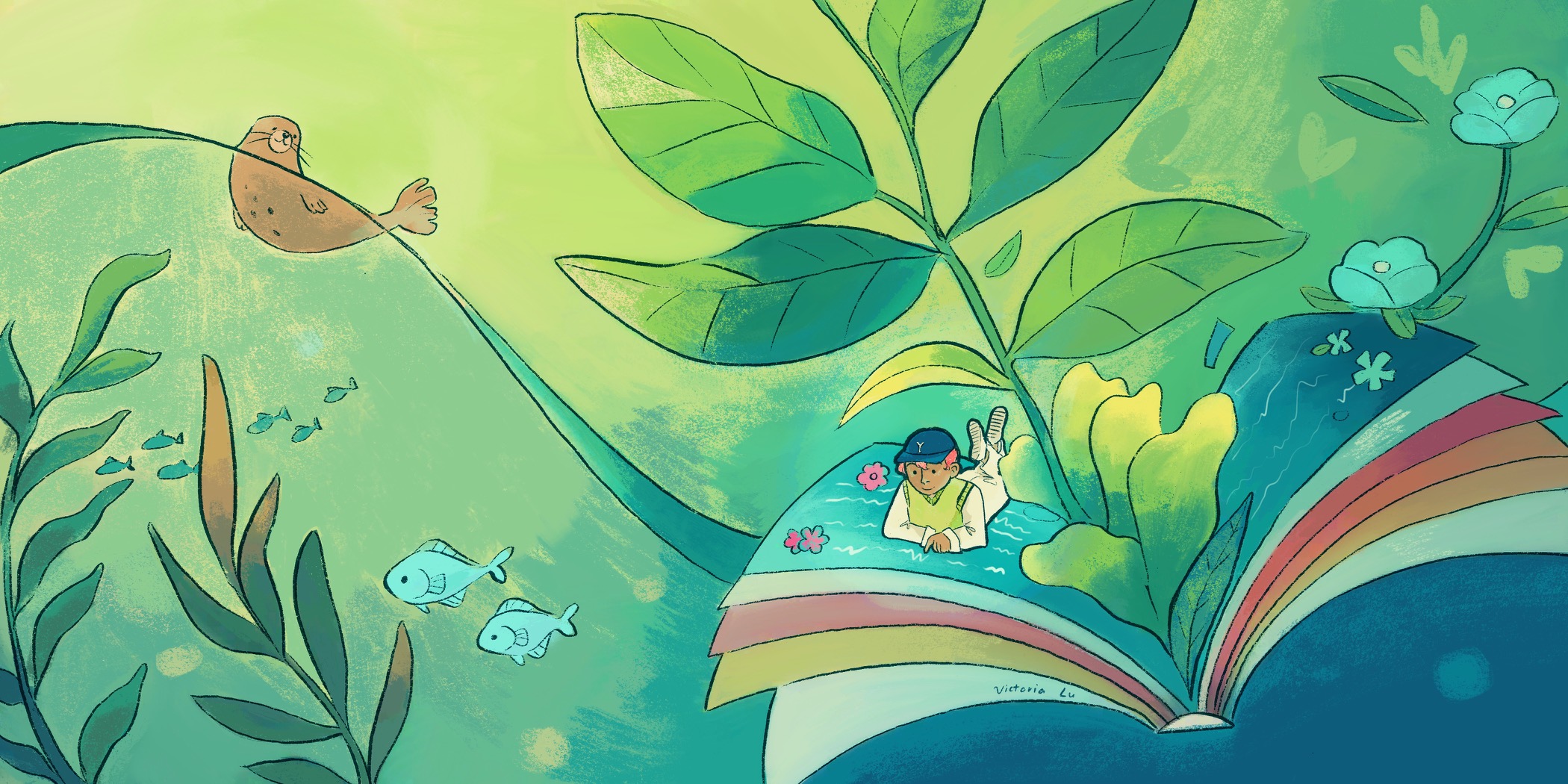Students explore what it means to be human in a time of rapid global environmental change. Understanding human relations with their environments can be developed by the study of history, literature, art, architecture, film studies, philosophy, and anthropology.
Interdisciplinary study in these fields and topics is facilitated by the Yale Environmental Humanities Initiative that provides a forum for faculty and student scholarly engagement in these fields.



